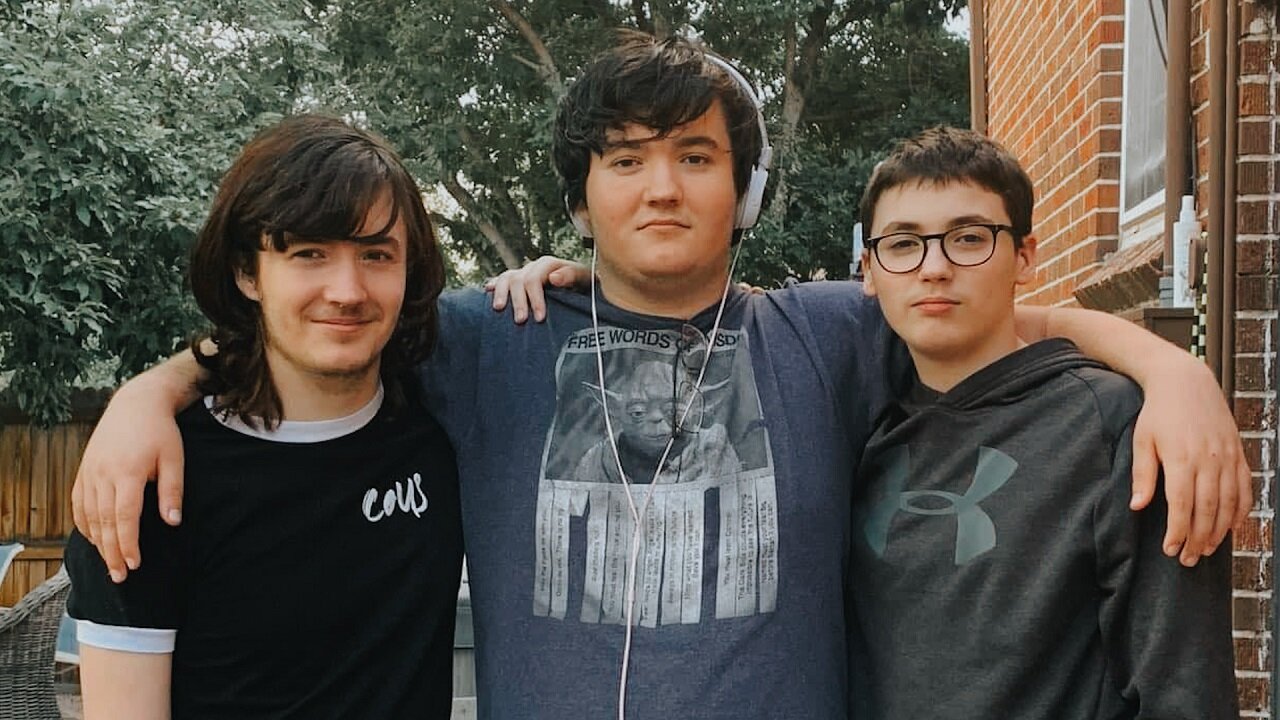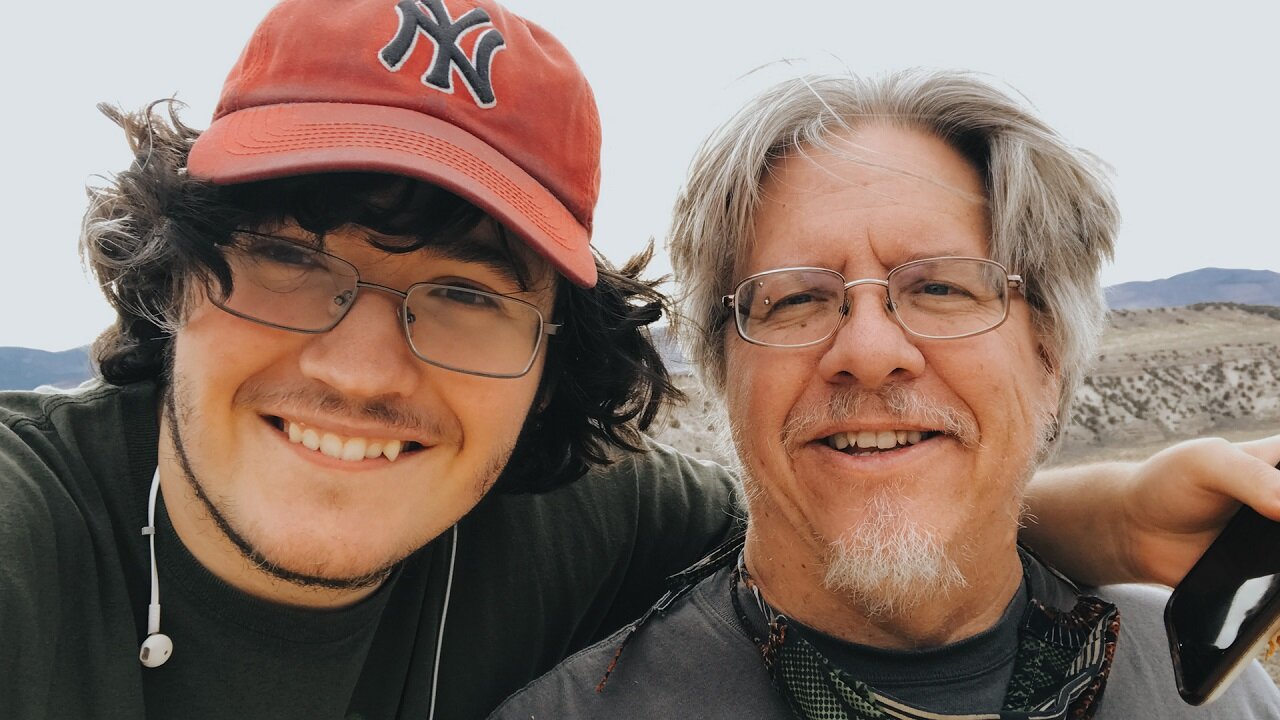‘He was so strong’: Remembering a Denver youth mental health advocate

DENVER — Cole Tucker had no qualms about sharing his mental health story in 2020, in the early months of the COVID-19 pandemic. He wanted people to know that healing may not come quickly or easily, but it would come eventually. He knew that from hard-fought experience.
“Being suicidal seems so prevalent these days,” Tucker said at the time. “I don't think I can talk to every kid on earth, and invent some sort of giant microphone and just yell out my message, 24/7. I can't, but I can reach a lot more people through this, so I'm just hoping it helps.”
Tucker and his identical twin each shared their lived experiences of surviving suicidal crises as part of the Rocky Mountain PBS and FRONTLINE project “Lifelines.”
In the months that followed, Tucker’s family said he advocated for himself to receive the care and support he needed to continue his recovery. He and his family established a grassroots organization, Solid Ground Denver, to try to provide themselves and other young people with disabilities the kind of education the Tuckers were not receiving through the public school system.
But his advocacy work was unexpectedly cut short in April. Tucker died just a few weeks shy of his 20th birthday after traveling to Costa Rica to take part in a recreational therapy transition program.
“He was only there three days, and he slipped and fell on a hike and hit his head,” said Jason Rudofsky, Tucker’s stepfather.

“He was with… I think, about 10 other kids, young adults searching for the same thing. And they were with him at the time [he fell],” Rudofsky said. “Those kids wrote letters back to us letting us know that although they only spent three days with Cole, what an impact he made on them.”
“He could have picked an easier program physically, but he felt that he needed to make himself as strong as possible so that he could essentially walk out of that program as the man that he felt like he could be,” said Lisa Weiss Rudofsky, Tucker’s mother. “I feel confident that he was at peace, and that he was happy to be doing what he was doing.”
“There's no accounting for the randomness of life, and how somebody can be doing so well and then be denied the chance to go forward,” said Thomas Carr, Tucker’s mentor.

Carr and his son Andrew considered themselves to be among Cole’s best friends. They each had creative projects in progress with him: Thomas put together a “very impressive” portfolio of Cole’s photography after his death, while Andrew is contemplating whether to finish a documentary he was making with Cole before he died. Andrew said Cole taught him some important life lessons, including ways to overcome mental health challenges.
“Take in the little things and just try your best to live as good of a life as possible,” Andrew said.
Tucker’s family is now working to remember him while trying to cope with his absence.
“I’ll never be able to look at some things the same way because it reminds me of him, and I’m okay with that,” Tucker’s younger brother, Heath, said.
“He had such a hard life, but he was so strong,” Weiss Rudofsky said. “He had struggled through it all. And he had made it through it all.”
If you have an immediate mental health crisis, please call Colorado Crisis Services at 1-844-493-8255 or text TALK to 38255. Or call the National Suicide Prevention Lifeline by dialing 988. You can also chat with the Lifeline.
Brittany Freeman is the executive producer of investigative journalism at Rocky Mountain PBS. You can reach her at brittanyfreeman@rmpbs.org.
Alexis Kikoen is a senior producer with Rocky Mountain PBS and can be reached at alexiskikoen@rmpbs.org.